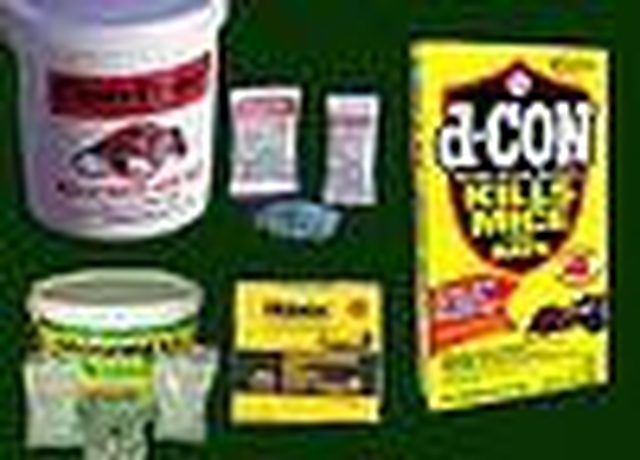Bulbs
Flower Basics
Flower Beds & Specialty Gardens
Flower Garden
Garden Furniture
Garden Gnomes
Garden Seeds
Garden Sheds
Garden Statues
Garden Tools & Supplies
Gardening Basics
Green & Organic
Groundcovers & Vines
Growing Annuals
Growing Basil
Growing Beans
Growing Berries
Growing Blueberries
Growing Cactus
Growing Corn
Growing Cotton
Growing Edibles
Growing Flowers
Growing Garlic
Growing Grapes
Growing Grass
Growing Herbs
Growing Jasmine
Growing Mint
Growing Mushrooms
Orchids
Growing Peanuts
Growing Perennials
Growing Plants
Growing Rosemary
Growing Roses
Growing Strawberries
Growing Sunflowers
Growing Thyme
Growing Tomatoes
Growing Tulips
Growing Vegetables
Herb Basics
Herb Garden
Indoor Growing
Landscaping Basics
Landscaping Patios
Landscaping Plants
Landscaping Shrubs
Landscaping Trees
Landscaping Walks & Pathways
Lawn Basics
Lawn Maintenance
Lawn Mowers
Lawn Ornaments
Lawn Planting
Lawn Tools
Outdoor Growing
Overall Landscape Planning
Pests, Weeds & Problems
Plant Basics
Rock Garden
Rose Garden
Shrubs
Soil
Specialty Gardens
Trees
Vegetable Garden
Yard Maintenance
How Does Rat Poison Work?
How Does Rat Poison Work?. The most common type of rat poisoning on the market today is the anti-coagulant rodenticide. Anti-coagulants work by depleting Vitamin K stores in the rodent's system. Vitamin K is a very important component in blood clotting. One way it does this is by suppressing the growth of Vitamin K in the intestinal tract, where...

Anti-coagulants
The most common type of rat poisoning on the market today is the anti-coagulant rodenticide. Anti-coagulants work by depleting Vitamin K stores in the rodent's system. Vitamin K is a very important component in blood clotting. One way it does this is by suppressing the growth of Vitamin K in the intestinal tract, where much of it is produced. With the Vitamin K production halted, it is only a matter of days until the rodent's Vitamin K stores are completely depleted.
Along with the chemicals that inhibit Vitamin K production, rat poisons contain large doses of other anti-coagulants such as 4-hydroxycoumarin and indandione anti-coagulants. These chemicals cause trauma to the blood vessel walls, increasing the risk for damage and internal bleeding. When the rodents begin to bleed internally, there is no Vitamin K available to clot the blood. The rodents die, usually within one to two days, from internal hemorrhaging.
This is the preferred type of rat bait, as the antidote to ingestion by animals or humans is Vitamin K.
Phosphides
Another type of rat poison is made with zinc phosphide. The zinc phosphide reacts with the rodent's stomach acid to form a gas called phosphine. Many rats have become resistant to the anti-coagulant rodenticides and in these cases the zinc phosphide works very well. For those with pets, zinc phospide is preferred because the poisons do not remain in the tissues of the rodent. If a cat or a dog gets hold of the poisoned rat, they should not be affected by the poison. However, if an animal gets into the zinc phosphide itself, aside from immediate vomiting there is no antidote to the poison as there is with the anti-coagulants above.
Calciferols
Calciferols (Vitamin D) are another type of rodenticide. These compounds work by affecting the levels of Vitamin D and calcium in the body. Ingesting Vitamin D in toxic doses causes hypercalcemia. This is a condition where the calcium level is raised to such a degree that the stomach, kidneys, lungs, blood vessels and heart are all damaged by calcification. Death of the rodent usually takes place within a week. Often calciferols and anti-coagulants are mixed in a bait, increasing the chances of death and decreasing the time involved.
Options
There are many other rodenticides on the market that are effective, but the above are the most popular. When selecting a rodenticide, be aware that since the poison takes a few days to work, you may have to deal with the smell of the rodents dying within the walls or in house crevices. Always use caution when setting out bait, as most doses are also harmful to pets and humans.